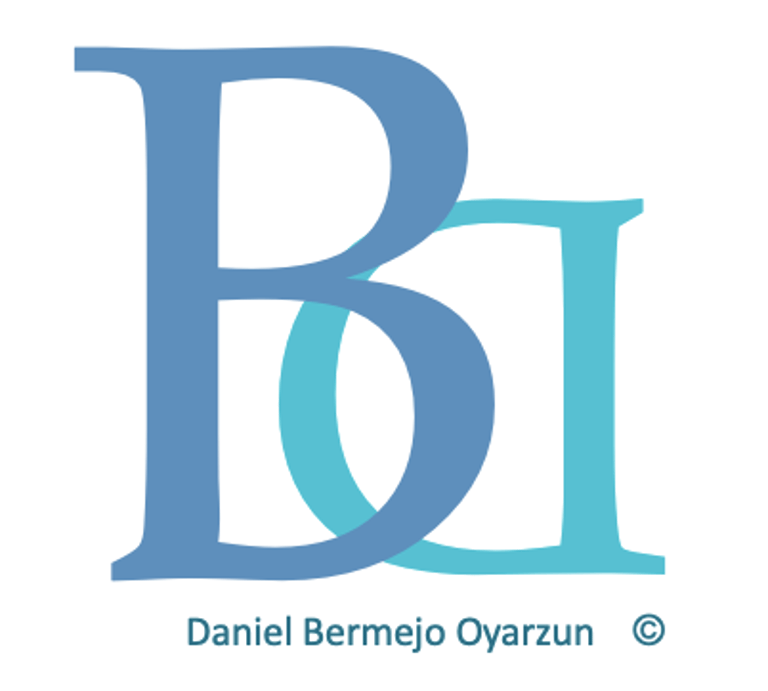Revolutionizing Deep Cleaning in the Hotel Industry: A Strategic Approach
Daniel Bermejo Oyarzun
2/14/20242 min read


In the hospitality industry, maintaining spotless cleanliness is absolutely necessary for your business success. Deep cleaning, often relegated to budget limitations, is a pivotal aspect that demands attention. However, in the hotel industry, where margins fluctuate and cost cutting measures are often imposed with out hesitation to the largest department in the Hotel, how can deep cleaning be prioritised without breaking the bank?
Let's address the elephant in the room: the resistance to allocate a set budget for deep cleaning. It's a typical scenario where, during downturns in revenue, departments are under pressure to find ways to cut costs. Unfortunately the housekeeping department, owing to its vital importance, often experiences the full force of such measures. However, is compromising on cleanliness really an effective solution?
Consider this, would a car manufacturer compromise on the quality of its products during lean times? Absolutely not. Equally, safeguarding the hotel's cleanliness standards should never be sacrificed, particularly when confronted with economic adversity.
So, what precisely defines deep cleaning? Deep cleaning is what room attendants physically cannot accomplish or achieve in terms of productivity. It goes beyond surface level normal tidying; deep cleaning involves a meticulous approach, ensuring every nook and cranny is thoroughly cleaned. From shifting furniture to vacuuming underneath, it's a comprehensive process that leaves no corner untouched. Dust bunnies, notorious for their quick multiplication, cannot wait for an annual cleaning session.
The solution lies in a proactive approach, integrating deep cleaning into the daily routine. By allocating time and resources for deep cleaning on a regular basis, hotels can ensure a pristine environment for guests. This gradual strategy, reminiscent of the proverbial tortoise in the race, results in long term benefits in guest satisfaction and reputation.
But who will undertake this arduous task, and how will it be budgeted? Enter the "utility person"; entrusted with tasks that room attendants cannot realistically manage, plays a pivotal role in executing deep cleaning initiatives and special projects. Imagine a scenario where this utility person dedicates four hours each morning to thoroughly clean a vacant, dirty room. Extracting carpets, moving furniture, and employing ozone cleaning techniques, they leave no corner untouched. The room remains out of service until the next day, ensuring thoroughness and efficacy.
With a utility person dedicated to deep cleaning five rooms per week, a hotel can thoroughly clean around 220 rooms easily annually without requiring extra budget allocation (1 person x 5 rooms/week x 44 working weeks) *taking in account 2 days off / week and 4 weeks vacations. This tactical method not only reduces costs compared to hiring external cleaning firms but also maintains consistent cleanliness standards throughout the property.
Deep cleaning in the hotel industry should stand as a fundamental element of hospitality operations, directly influencing guest satisfaction and loyalty. Prioritising deep cleaning through strategic resource management and adopting innovative technologies empower hotels to elevate their cleanliness standards while enhancing operational efficiency.
